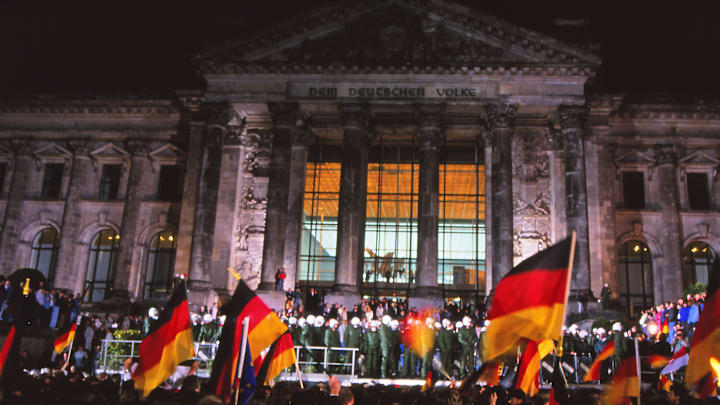The Unification of Germany in the 19th Century

Prior to unification, Germany was a fragmented collection of independent states and principalities, loosely connected through the German Confederation, established in 1815 after the Napoleonic Wars. This confederation was a weak political entity, with Austria and Prussia being the dominant powers. The rivalry between these two states was a significant obstacle to unification, as both sought to exert influence over the German territories.
The path to unification began with the economic integration of the German states through the Zollverein, a customs union initiated by Prussia in 1834. The Zollverein facilitated free trade and economic cooperation among the member states, fostering a sense of economic unity and interdependence. This economic integration laid the groundwork for political unification by highlighting the benefits of a united Germany.
Otto von Bismarck, appointed as Prime Minister of Prussia in 1862, played a pivotal role in the unification process. Bismarck's approach, known as Realpolitik, emphasized pragmatic and strategic actions to achieve political goals. He believed that unification could be achieved through a combination of diplomacy and military force, rather than through liberal or nationalist movements alone.
Bismarck's first major step towards unification was the Danish War of 1864, in which Prussia and Austria allied to defeat Denmark and secure the duchies of Schleswig and Holstein. This victory not only expanded Prussian territory but also set the stage for the Austro-Prussian War of 1866. In this conflict, Bismarck skillfully isolated Austria by securing neutrality or support from other European powers. The decisive Prussian victory at the Battle of Königgrätz resulted in the exclusion of Austria from German affairs and the dissolution of the German Confederation. In its place, the North German Confederation was established, with Prussia at its helm.
The final act of unification came with the Franco-Prussian War of 1870-1871. Bismarck used diplomatic maneuvering to provoke France into declaring war on Prussia. The ensuing conflict united the German states in a common cause against a foreign enemy. The war ended with a decisive German victory and the capture of Paris. In the Hall of Mirrors at the Palace of Versailles, King Wilhelm I of Prussia was proclaimed German Emperor on January 18, 1871, marking the official unification of Germany.
The unification of Germany had profound implications for Europe and the world. The newly established German Empire quickly became a major industrial and military power, altering the balance of power in Europe. The emergence of a unified and powerful Germany contributed to the tensions and rivalries that eventually led to World War I.
Domestically, unification brought significant political and social changes. The new German Empire adopted a federal structure, with individual states retaining some autonomy while the central government, led by the Emperor and the Chancellor, held considerable power. Bismarck implemented policies to integrate the various states and promote national unity, including the Kulturkampf, aimed at reducing the influence of the Catholic Church, and social welfare programs to address the needs of the working class.
In conclusion, the unification of Germany in the 19th century was a complex and transformative process driven by economic integration, strategic diplomacy, and military conflict. The efforts of Otto von Bismarck and the economic benefits of the Zollverein played crucial roles in bringing together the German states into a single nation. The unification of Germany not only reshaped the political landscape of Europe but also set the stage for significant developments in the years to come, influencing the course of modern history.